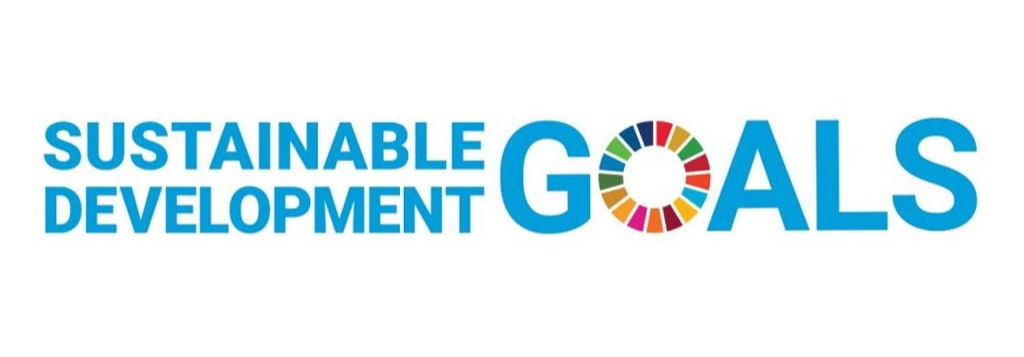Investor Confidence
Companies that embrace ESG practices and disclose their practices adequately often attract a broader base of investors who value sustainability and ethical conduct.
Risk Mitigation
ESG helps identify and mitigate various risks, from environmental disasters to reputational damage.
Competitive Advantage
Adopting ESG practices can differentiate a company in a crowded marketplace, appealing to socially conscious consumers.
Long-term Viability
ESG is not a trend; it's a long-term strategy for building resilient and future-ready businesses.















